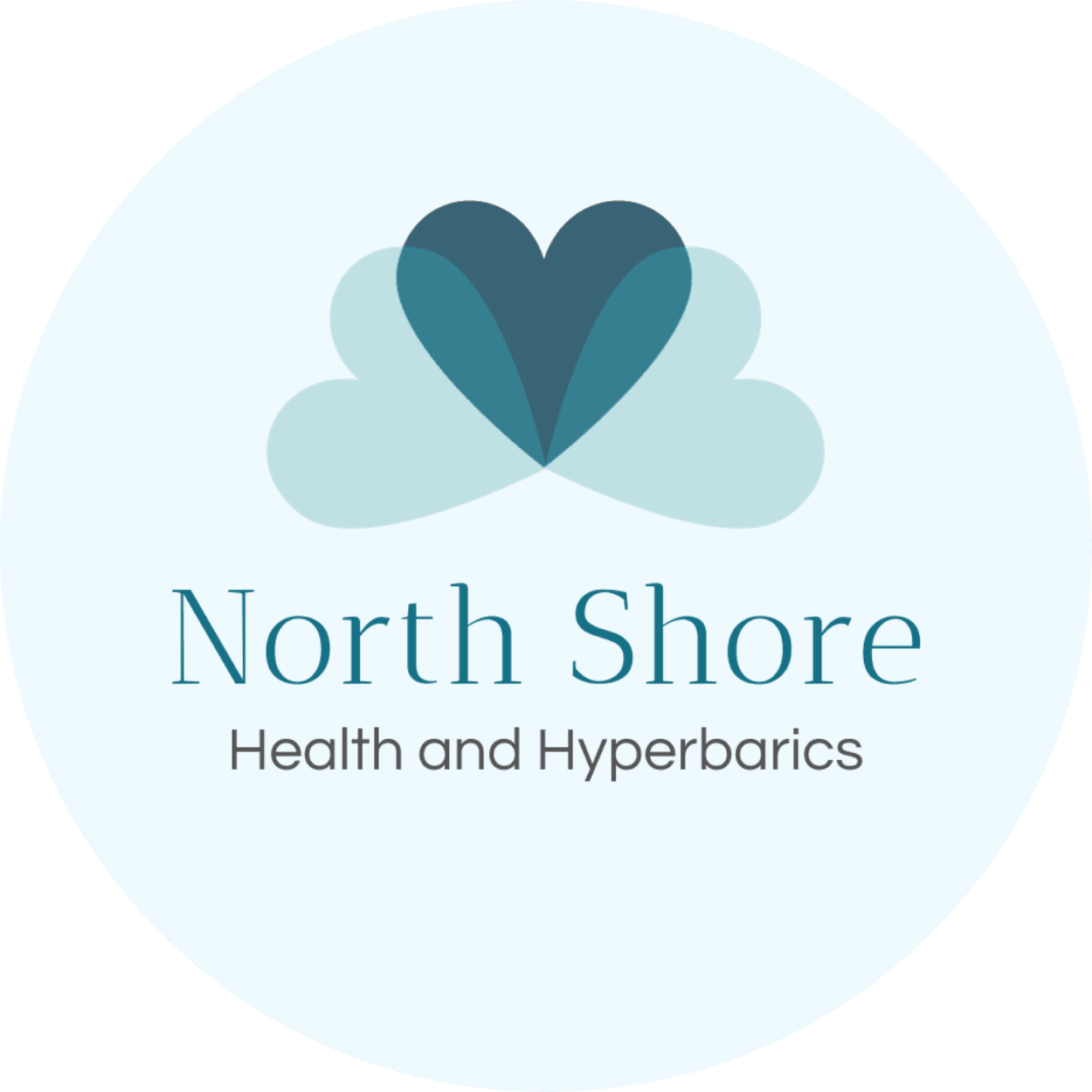Eyes/ENT

Sudden SSNL Hearing Loss
According to the National Institute on Deafness and Other Communication Disorders, Sudden sensorineural (“inner ear”) hearing loss (SSHL), commonly known as sudden deafness, is an unexplained, rapid loss of hearing either all at once or over a few days. SSHL happens because there is something wrong with the sensory organs of the inner ear. Sudden deafness frequently affects only one ear.
Some potential underlying causes include bacterial or viral infections, such as Lyme disease and syphilis, underlying autoimmune conditions such as lupus or Behcet’s disease, a traumatic injury, a metabolic disorder, such as diabetes, or an underlying neurologic condition, such as multiple sclerosis. In the majority of cases where no underlying cause is found, hypotheses include vascular compromise, a rupture of the cochlear membrane, or an unidentified viral infection. People with SSHL often discover the hearing loss upon waking up in the morning. Others first notice it when they try to use the deafened ear, such as when they use a phone. Still others notice a loud, alarming “pop” just before their hearing disappears. People with sudden deafness may also notice one or more of these symptoms: a feeling of ear fullness, dizziness, and/or a ringing in their ears, such as tinnitus.
How Can HBOT Help?
- By increasing the oxygen content of the blood via plasma, oxygen is carried to hypoxic zones, providing the oxygen necessary to help nerves and hair cells survive
- Stimulates the release of growth factors and stem cells which help damaged hair cells and nerves heal
https://pubmed.ncbi.nlm.nih.gov/19943989/
https://www.ncbi.nlm.nih.gov/books/NBK459160/
https://pubmed.ncbi.nlm.nih.gov/34709348/
Central Retinal Artery Occlusion
Central Retinal Artery Occlusion (CRA) is an ocular emergency.
When one of the vessels that carry blood to your eye’s retina gets blocked, it can cause you to lose your eyesight. This problem often happens suddenly and without any pain. This is called a central retinal artery occlusion (CRAO).
The blockage usually comes from a blood clot or cholesterol in your blood vessel.
How Can HBOT Help?
https://www.ncbi.nlm.nih.gov/books/NBK431074/
https://www.ncbi.nlm.nih.gov/books/NBK470354/
https://www.ncbi.nlm.nih.gov/pmc/articles/PMC8370578/
Send a Message
Ready to take the first step toward improved health and well-being? Feel free to reach out to us via our contact form. Our dedicated team is here to assist you and provide personalized guidance on your journey to optimal health.
